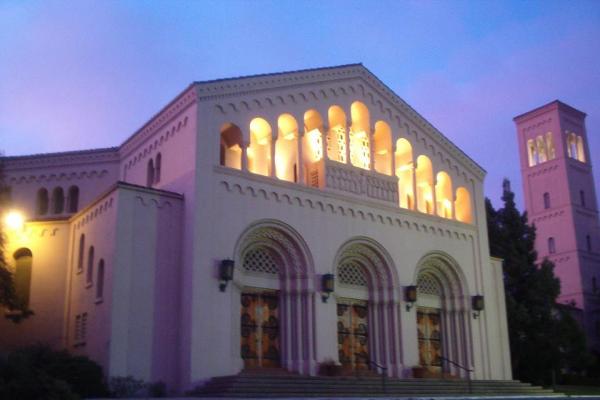Jul 18, 2018
These recent events have catalyzed a movement, inspired by the leadership of members of color at First Congregational Church in Oakland, Calif., to encourage churches to divest from police. This means churches will stop calling the police and will start hosting activities to promote alternatives, such as restorative justice circles, self-defense classes, and mental health de-escalation trainings.
Read the Full Article

Already a subscriber? Login
